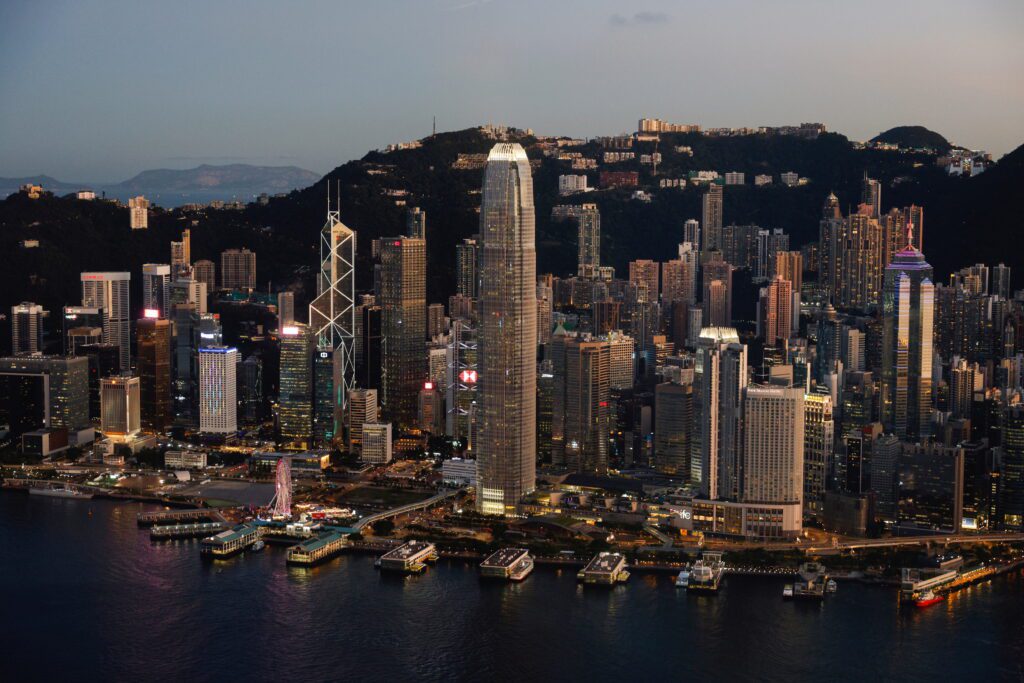Hong Kong’s fight for autonomy against increasing Chinese influence has become a global concern. Under the “one country, two systems” principle, Hong Kong maintained its own legal system and freedoms after its handover from British to Chinese control in 1997. However, China’s influence has been eroding Hong Kong’s autonomy, with control over the appointment of leaders and influence over laws. Protests have erupted since June 2019, demanding greater democracy and denouncing China’s encroachment. The international response has been mixed due to economic ties with China. The struggle for autonomy in Hong Kong carries significance for global democracy and the ability of authoritarian regimes to exert control on a global scale. Safeguarding democratic values is crucial in this battle for autonomy.
Hong Kong’s Fight for Autonomy: Unpacking China’s Influence on Global Democracy
Introduction
Hong Kong’s fight for autonomy has garnered international attention as the city’s residents continue to protest against the increasing influence of the Chinese government. This battle is not only about preserving the unique identity and freedoms that Hong Kong has enjoyed under the “one country, two systems” principle, but it also raises important questions about the larger impact of China’s growing power on the global landscape of democracy.
Historical Background
In 1997, Hong Kong was handed over from British to Chinese control under the “one country, two systems” framework. This meant that while Hong Kong would be a part of China, it would maintain its own legal system, freedoms, and governance for 50 years. This arrangement allowed Hong Kong to become a global financial center and a hub for free trade. However, in recent years, China’s influence on Hong Kong’s political and legal institutions has been increasing, leading to concerns about eroding autonomy.
Challenges to Autonomy
China’s influence on Hong Kong’s autonomy becomes apparent through various channels. The appointment of the city’s leaders is controlled by the Chinese government, limiting the citizens’ ability to choose their own representatives. Additionally, Beijing’s influence in drafting and interpreting Hong Kong’s laws raises concerns about the erosion of the city’s independent legal system. The introduction of controversial laws, such as the proposed extradition bill that sparked the current wave of protests, further signifies the tightening grip of the Chinese government.
Protests and Resistance
Since June 2019, Hong Kong has witnessed unprecedented protests, with millions taking to the streets to demand greater democracy and denounce China’s encroachment on autonomy. These protests, initially against the extradition bill, have evolved into a larger movement fighting for universal suffrage, investigation into police brutality, and amnesty for arrested protesters. Despite facing violent crackdowns, the people of Hong Kong continue their fight for autonomy.
International Response
The Hong Kong protests have captured international attention, with various governments and organizations expressing support for the pro-democracy movement. However, responses have been mixed due to the complexities of economic ties with China and concerns about potential retaliation from the Chinese government. This highlights the difficult balance between safeguarding human rights and maintaining global political and economic stability.
Impact on Global Democracy
The struggle for autonomy in Hong Kong holds broader implications for global democracy. China’s rising influence and its willingness to suppress dissent within its borders pose a challenge to the democratic values that many countries uphold. The erosion of autonomy in Hong Kong raises concerns about the fragility of democratic institutions and the ability of authoritarian regimes to exert control on a global scale. Thus, the fight for democracy in Hong Kong is not only about the city’s own future but also carries weight for the future of democracy worldwide.
Conclusion
Hong Kong’s fight for autonomy is a critical battle that showcases the tension between China’s growing power and the global push for democracy. This struggle not only affects the people of Hong Kong but also serves as a reminder of the importance of safeguarding democratic values and the role that citizens, governments, and international organizations play in ensuring a world where autonomy and freedom thrive.
